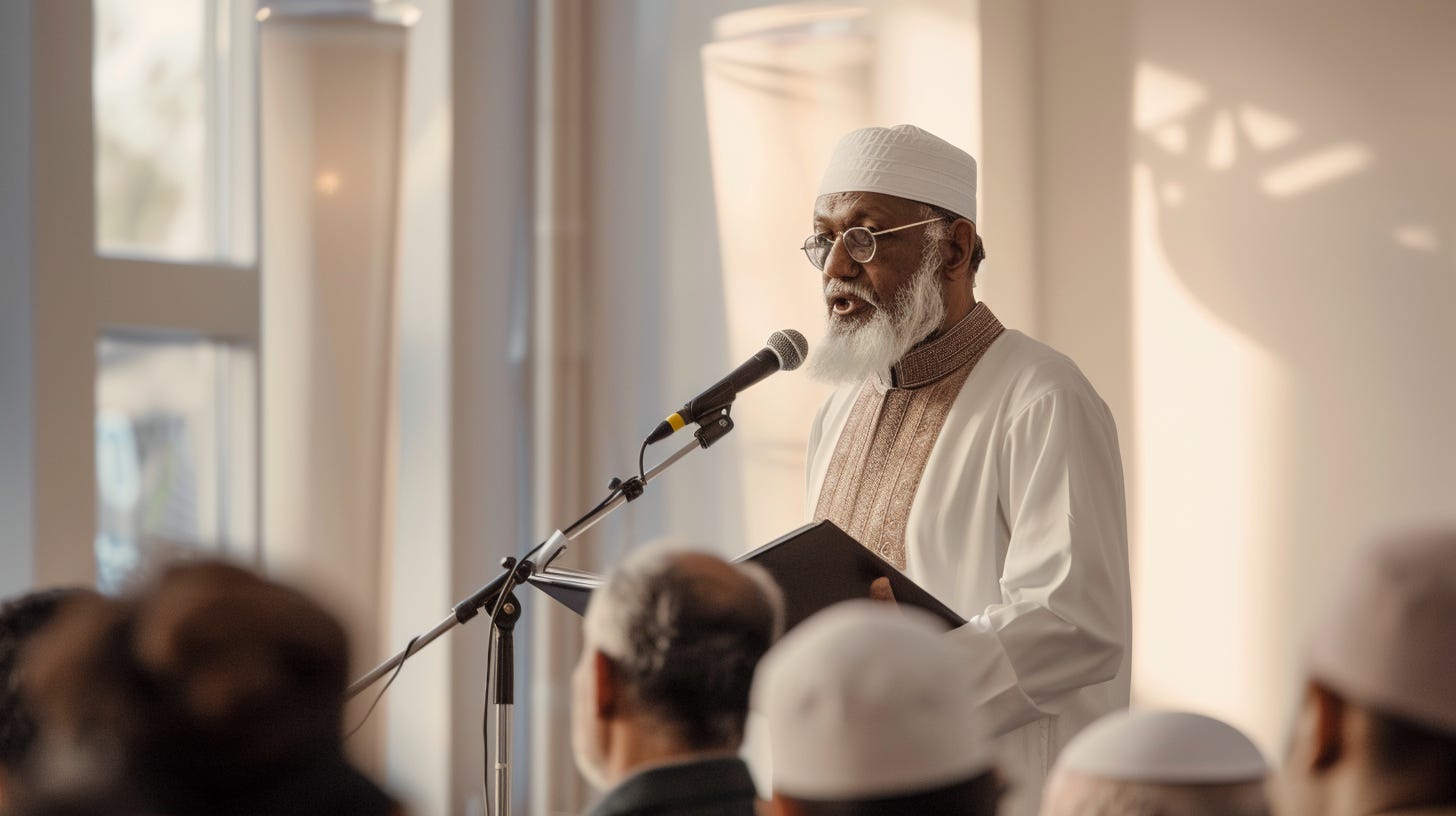Jakarta Mosque Hosts Weekly ‘Ask Anything’ Sessions to Modernize Religious Education
JAKARTA – A prominent mosque in Jakarta has launched a series of weekly ‘Ask Anything’ sessions. These sessions aim to foster an open dialogue about religious teachings, addressing modern concerns and curiosities from the community. The initiative, spearheaded by Imam Ahmed Rahman, seeks to modernize the way religious education is delivered, making it more accessible and relevant to today’s society.
“We want to create a space where people feel comfortable asking questions about their faith, without fear of judgment or reprisal,” said Imam Rahman. “Our goal is to provide clear, thoughtful answers that resonate with the challenges and realities of modern life.”
Held every Friday evening after the traditional Maghrib prayer, the sessions have quickly gained popularity, attracting a diverse crowd of attendees. From young professionals and university students to elder community members, the mosque has become a hub of discussion and debate. The format is simple yet effective: attendees anonymously submit their questions beforehand, and Imam Rahman addresses each query in turn, often referencing religious texts and scholarly interpretations.
“The anonymity is key,” explained Farah Lestari, a regular attendee. “It allows people to ask questions they might otherwise feel too embarrassed or intimidated to bring up. This way, we get a wide range of topics, from the deeply personal to the broadly philosophical.”
The questions posed during these sessions reflect a wide array of contemporary issues. Recent discussions have covered topics such as the role of women in Islam, the intersection of faith and science, and the ethical implications of modern technology. This progressive approach has been met with both enthusiasm and skepticism within the community.
“I think it’s fantastic that we can talk about these things openly,” said Amir Hasan, a local university student. “It’s important for us to see how our faith can guide us in a world that’s constantly changing.”
However, some more conservative voices within the community have expressed concerns that such open-ended discussions might lead to misinterpretations or a dilution of traditional values. Imam Rahman acknowledges these concerns but remains steadfast in his mission.
“Change can be difficult, but it’s necessary for growth,” he stated. “Our teachings have always been about understanding and compassion. This initiative is simply a continuation of that tradition, adapted for the modern age.”
As the sessions continue to grow in popularity, plans are already underway to expand the program. Imam Rahman and his team are considering the introduction of themed sessions, focusing on specific topics such as interfaith dialogue, environmental stewardship, and mental health. Additionally, there are discussions about using digital platforms to reach a wider audience, potentially allowing people from across the globe to participate in the discussions.
“We’re just at the beginning,” said Imam Rahman. “The positive response so far has been overwhelming, and it’s clear that there is a hunger for this kind of engagement. We hope to build on this momentum and create a lasting impact on how religious education is perceived and practiced.”



